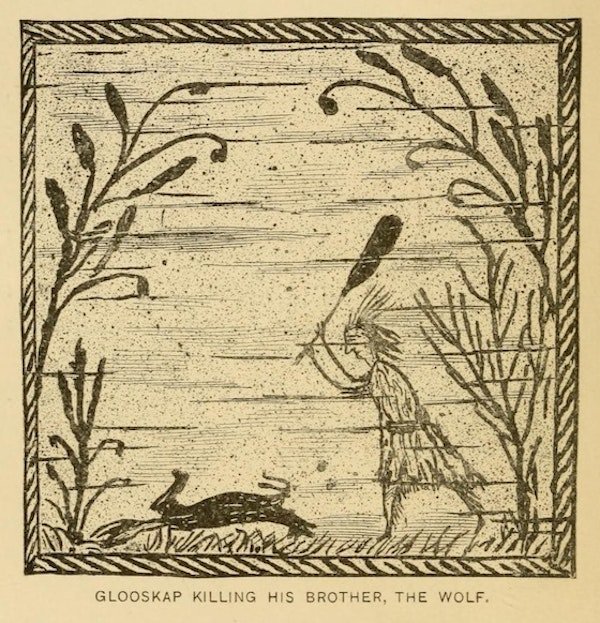The boy sprouts haystack hair above Dobby ears. He leans into every bad decision a nine-year-old can make. A handful they say. On a day like any other, he sends Tanta Sofía’s precious kitten out on a makeshift boat cobbled together with popsicle sticks and Bazooka gum, towards the middle of the lake. By the time the trembling furball is discovered, it is nitro-cold, the light whisper thin like a sweep of fresh-drawn blood. The boy waits for Tanta Sofía’s reaction. When he sees her shoulders cave, thin lips pressed tight, hand clutching her ulcerous belly, he puffs up; job well done.
The following morning Tanta Sofía cringes when the boy spears a gecko with a forked twig, its toes splayed shapeless beneath his acid-green gumboots, innards oozing like a sweet meringue filled with pistachio ganache. She yanks the boy by the arm, gives him a swift whiskey-swat. Where’s your sense boy. He shrugs, sheathes his wolverine claws, and stomps off flicking the switch back into the twisted juniper thicket.
Later that afternoon, the boy catwalks in low-slung dungarees, baseball cap hitched cocky, skulking around the cottage like a bad omen. The scent of fresh hay in the air. A sudden trickle of smoke, barn mousers scattering, the whiff of kerosene trailing. There is a scuttle of activity hauling buckets to douse the flames. The boy nowhere to be found. Tante Sofía’s goodwill sinking to murky depths.
At dinner that evening Tanta Sofía watches not wanting to see, as the boy plunges his knife into pillowy slices of white bread, twisting and gouging. His fingers locked in a sabre grip as if practicing. His crude carving, a primordial totem she cannot decipher. She swallows hard and portions out the peas. Fear nestles, not the kind that comes in silent waves, but a roaring tsunami hell-bent on upending everything.
A boy without a father, yoked with grief since the man’s untimely death in the mines. A boy beyond her reach in need of what she doesn’t have to give. She would take the boy to the baker, Tomás. A reformed lout, Tomás’s reputation stuck to him like a prison tattoo. But he would know what to do. Tomás would take the boy under his wing. He would turn him around.
In the early light of dawn, Tomás prods the boy with a wooden rolling pin, inspecting his new charge. Tanta Sofía looks on, relieved. Luscious pies and tarts, bombón, flan de nata, churros con chocolate, pastelitos and empanadas, and the boy’s favourite syrupy sponge cake filled with cream and cinnamon rolled up into a cylinder drenched with rum-laced syrup and crowned with toasted cream and sugar, fill the long table and baker’s rack. The boy would learn a respectable trade.
By afternoon the boy is schooled. The baker gestures for him to make his way outside to the coop. Tomás is not a patient man. He hollers down the laneway urging the boy to get on with it. Empanadas de pollo require an exact temperature for the crust to turn golden and flaky, not a minute more, not a minute less, he barks. Tomás turns back into the kitchen to spoon the herb and légumes mixture into the puff pastry, waiting for the main ingredient to arrive.
The boy repeats the countdown as instructed, Uno, dos, tres, and takes a deep breath. With fists squeezed tight, the boy grips the head behind the skull with his thumb under its beak, stretches the neck downwards, at the same time pressing his knuckles into the neck vertebrae, and pulls the bird’s head back, shaking until it yields. Its limp neck hangs, thin strings of sticky-dark-red dripping on top of blue suede Nike’s. The stink immediate. The boy’s hand rushes to his nose pinching nostrils closed before nausea sets in. He did not hear the snap, he thinks to himself. Usually, the snap is the telltale sign. He would try again with the next one.
Eyes gleam mixed metal.


Leave a Reply